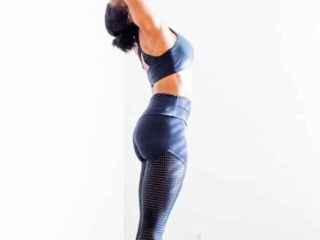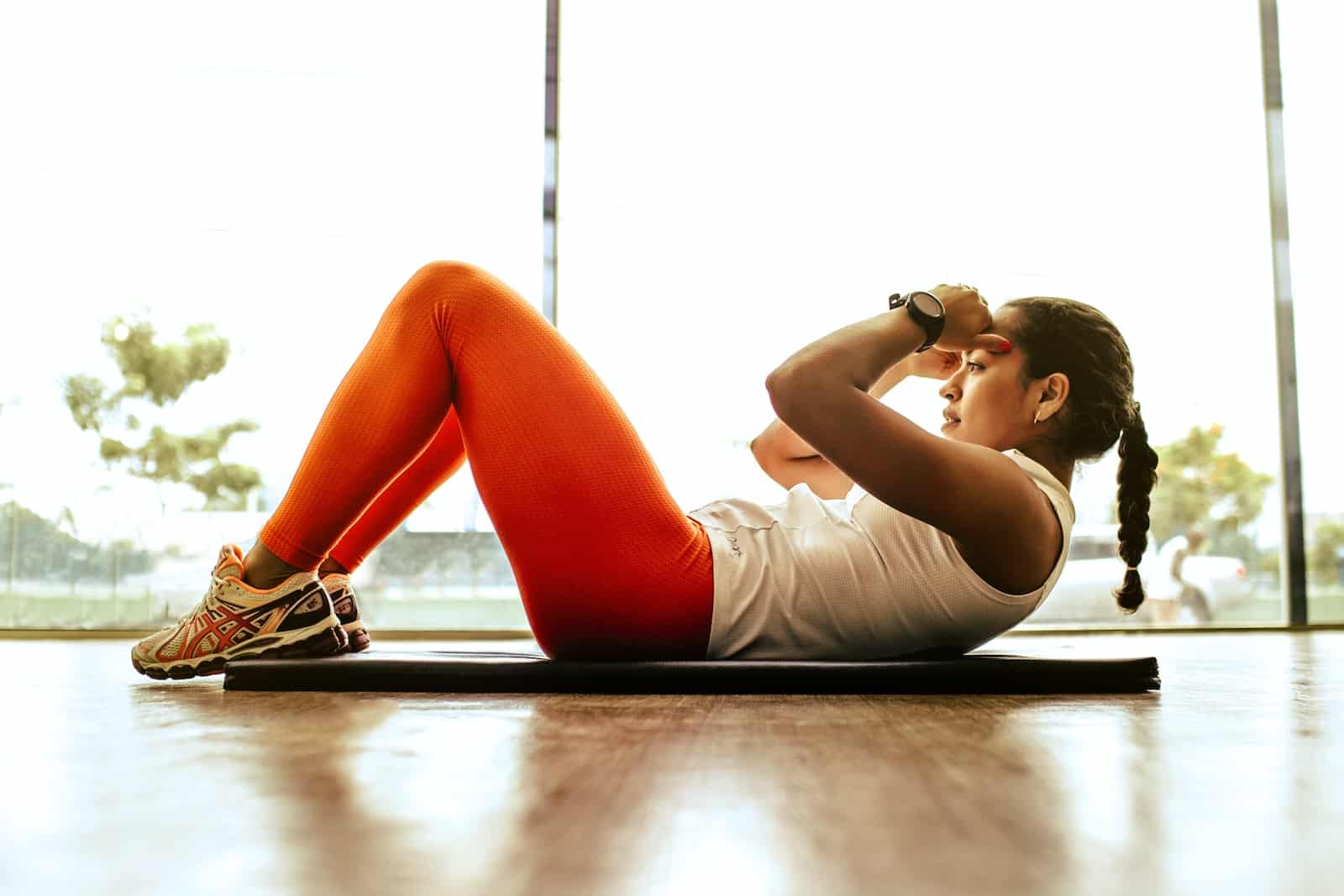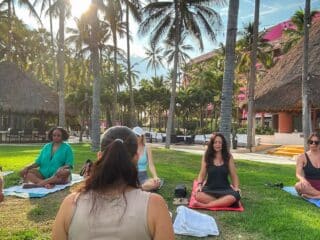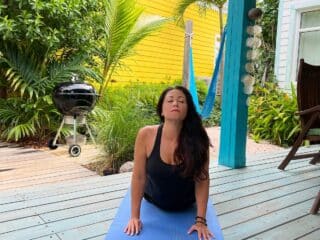
But to what extent does diet play a part? We often hear that fitness is 20% the gym and 80% the kitchen, but how true is this? Is it possible to just follow a by-the-numbers diet, or do we have to find our own needs, and the items that best work for us? How can we avoid temptation and apply a renewed sense of priority to the foods we eat? Is this at all possible?
We would say that even asking these questions sets you up for victory on your food journey. With the following advice, we hope you’re better able to flourish in your new fitness interest:
Nutrition Helps You Heal
Protein helps you once again repair the muscle fibers that might become damaged through physical activity and general wear and tear. Most people do know that. But nutrition can also help you heal in many other ways. From Vitamin A helping regulate your skin, teeth, bones, soft tissue and brain function, Vitamin D allows you to absorb calcium, and acts as a hormone that also helps regulate the immune system. Vitamin K is essential to help blood coagulate and to regulate your bone density. Vitamin B2 is essential for growth and the production of red blood cells. These might seem disparate examples, but that is done purposefully, to let you know that nutrition is essential as a whole yet also in its constituent elements.
We can often think of the need to ‘hit our caloric requirements’ in order to keep going another day. But what we fail to mention is that often, quantity of nutrition is not good enough, but the quality does matter. Of course, it’s best to eat enough poor food rather than too little good food, but this shouldn’t be a choice you have to make in a society like ours. Nutrition helps you heal, and can also help your alertness, wakefulness, your ability to repair from physical activity, and your mood regulation. For that reason, getting things right can be a fantastic measure.
Weight Gain & Loss
Let’s say that your daily caloric needs for your age, height and weight is 2000 kcal a day. Let’s also say that you’re hoping to lose weight. During the course of a day and with dramatic efforts in the gym, you burn off 2000 kcal. But throughout the day, you eat 4050 kcal a day. You are eating 50 kcal at a surplus to your caloric limits, despite your intense exercise. To that end, you will put on weight. Of course, more complex factors such as metabolism and cardio conditioning can come into play, but for the most part, calories in, calories out is the most reliable method to controlling a healthy weight.
This means that yes, the ability to bulk up and gain muscle, the ability to slim down and lose weight, or the means to eat at a healthy balance and keep yourself at the right weight limit will all come down to how much you eat, how calorie-dense your foods are, how they are prepared, and how well you measure that. This is why they say that great abs are not forged in the gym, but the kitchen. With that ethos in mind, you will not even step in a gym without first considering your necessary potential of diet.
Supplementation Can Really Help
It can be truly confusing to see how headlines can continually be released that seem to only misinform and disorient. It might be that we see a headline that states that actually, multivitamins are bad for you. The next day we hear that they are essential for any diet. Multiply this by the thousands of different supplements on the market, and you might find yourself truly wondering how you should progress.
Not only that, but walk into any supplement store. Take a look around. You’ll likely see hundreds of little bottles on offer, all filled with herbal remedies or concentrations of something, all offering better health, a better mind, body and spirit. Are you supposed to take them all to be healthy? Do you need to supplement everything?
Well first, the best way to start is to realise that yes, supplementation is worth it. We can find it very difficult to get absolutely everything from our diets, particularly if we do not wish to eat the same thing day in and day out. But what matters is how you supplement, and what supplements you might need. Might it be that you rarely consume milk? Could it be that a calcium supplement is important?
On top of this, is it worth purchasing a condensed pill filled with whatever supplement you wish to take, or should we consider finding it in a much more natural source? For example, garlic supplements can provide a range of excellent benefits, to the point that you might be surprised to find out about that. You can visit Nutrition Realm for more information. When all is said and done, it’s about finding that right balance for you, finding out what works for you, and also, more importantly than all, finding out how you can sustainably adapt this to your needs in the moment. If you can do this, you will find that you can optimize yourself even further, and this will have all been achieved through nutrition.
With this advice, we hope you’re better able to experience excellent nutrition.






